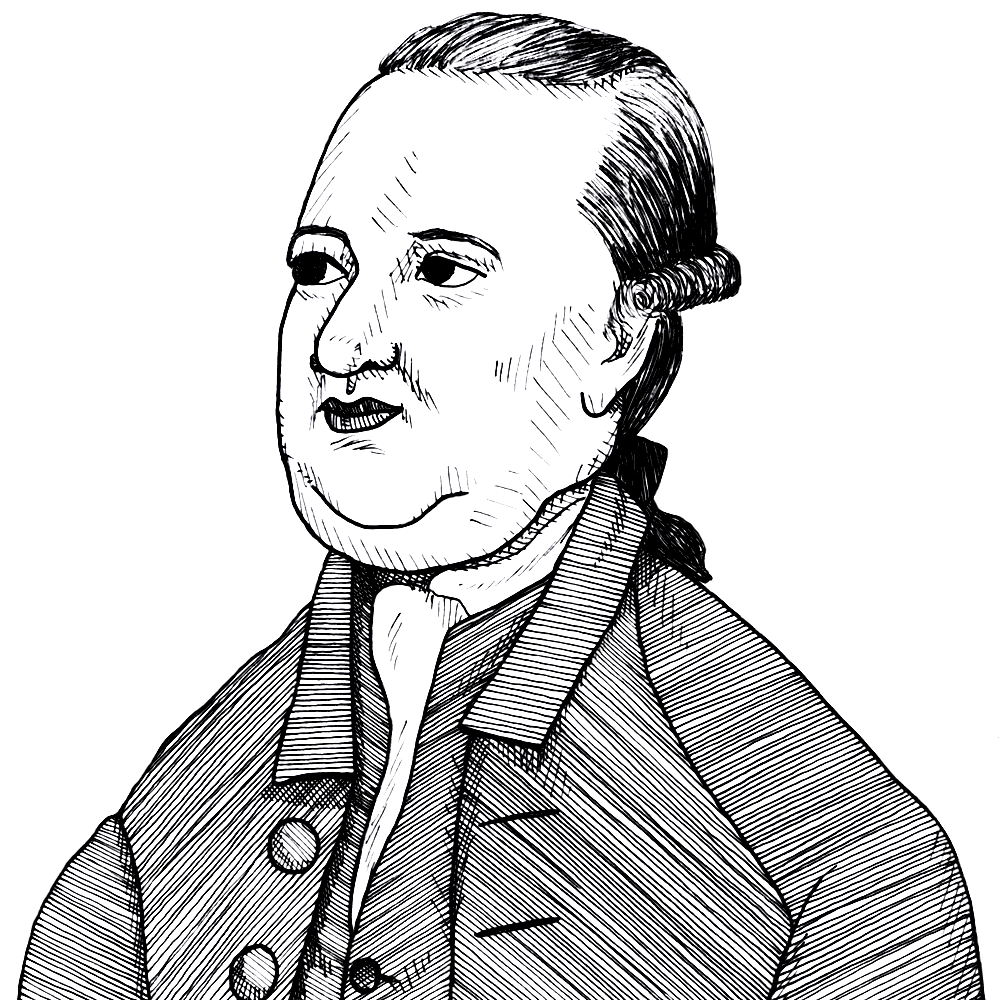
Edward Gibbon wonders if Europe will avoid the same fate as the Roman Empire, collapse brought on as a result of prosperity, corruption, and military conquest (1776)
Found in: The History of the Decline and Fall of the Roman Empire, vol. 6
In an aside in Chapter XXXVIII of Volume VI of his massive work on the fall of Rome, Edward Gibbon summarized his thoughts and drew lessons for the present:
Politics & Liberty
The rise of a city, which swelled into an empire, may deserve, as a singular prodigy, the reflection of a philosophic mind. But the decline of Rome was the natural and inevitable effect of immoderate greatness. Prosperity ripened the principle of decay; the causes of destruction multiplied with the extent of conquest; and, as soon as time or accident had removed the artificial supports, the stupendous fabric yielded to the pressure of its own weight. The story of its ruin is simple and obvious; and, instead of inquiring why the Roman empire was destroyed, we should rather be surprised that it had subsisted so long. The victorious legions, who, in distant wars, acquired the vices of strangers and mercenaries, first oppressed the freedom of the republic, and afterwards violated the majesty of the purple. The emperors, anxious for their personal safety and the public peace, were reduced to the base expedient of corrupting the discipline which rendered them alike formidable to their sovereign and to the enemy; the vigour of the military government was relaxed, and finally dissolved, by the partial institutions of Constantine; and the Roman world was overwhelmed by a deluge of Barbarians… This awful revolution may be usefully applied to the instruction of the present age. It is the duty of a patriot to prefer and promote the exclusive interest and glory of his native country; but a philosopher may be permitted to enlarge his views, and to consider Europe as one great republic, whose various inhabitants have attained almost the same level of politeness and cultivation. The balance of power will continue to fluctuate, and the prosperity of our own or the neighbouring kingdoms may be alternately exalted or depressed; but these partial events cannot essentially injure our general state of happiness, the system of arts, and laws, and manners, which so advantageously distinguish, above the rest of mankind, the Europeans and their colonies. The savage nations of the globe are the common enemies of civilised society; and we may inquire with anxious curiosity, whether Europe is still threatened with a repetition of those calamities which formerly oppressed the arms and institutions of Rome. Perhaps the same reflections will illustrate the fall of that mighty empire, and explain the probable causes of our actual security.